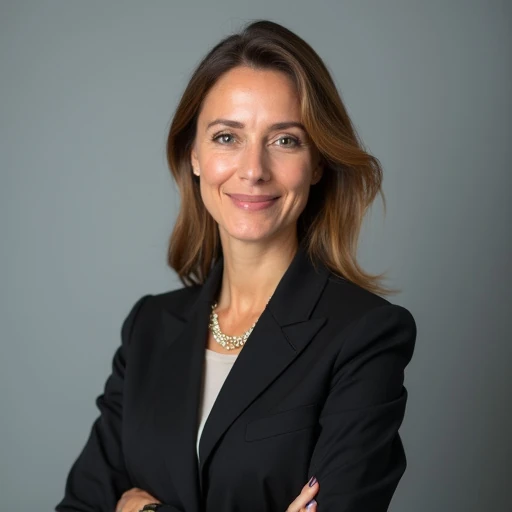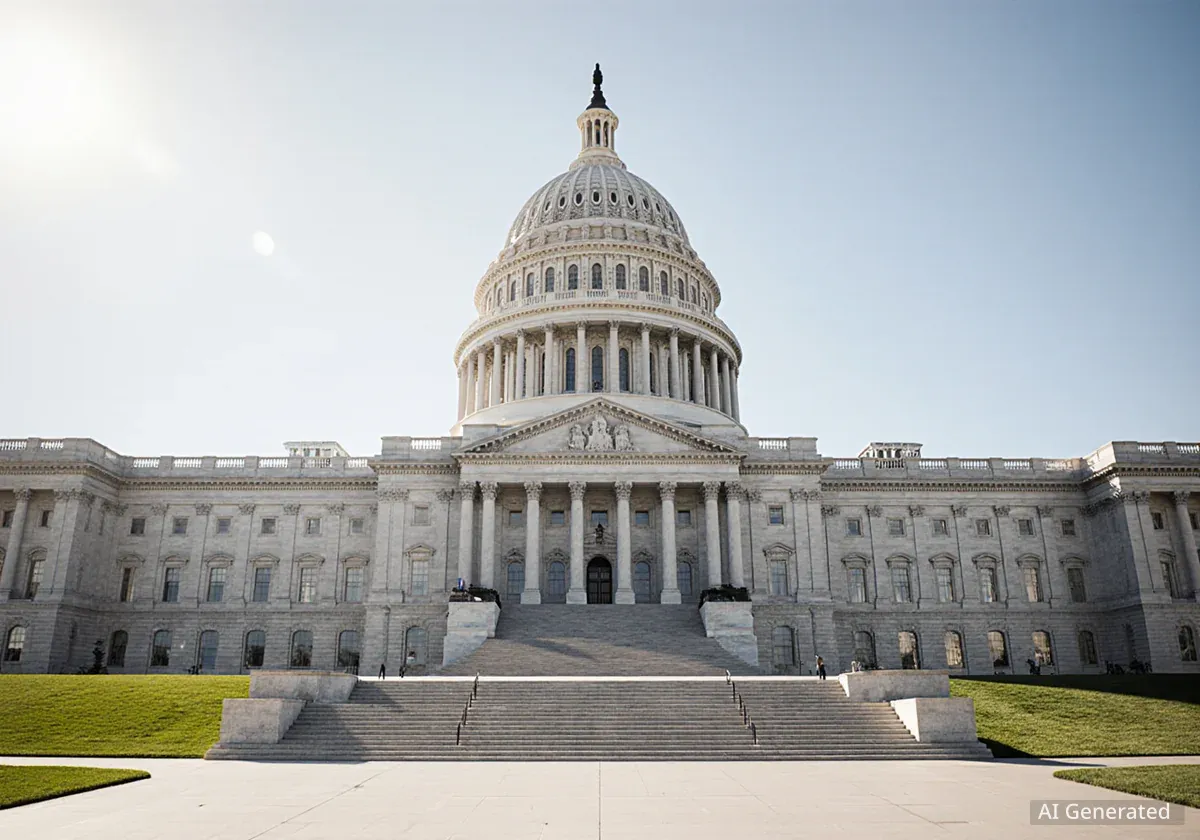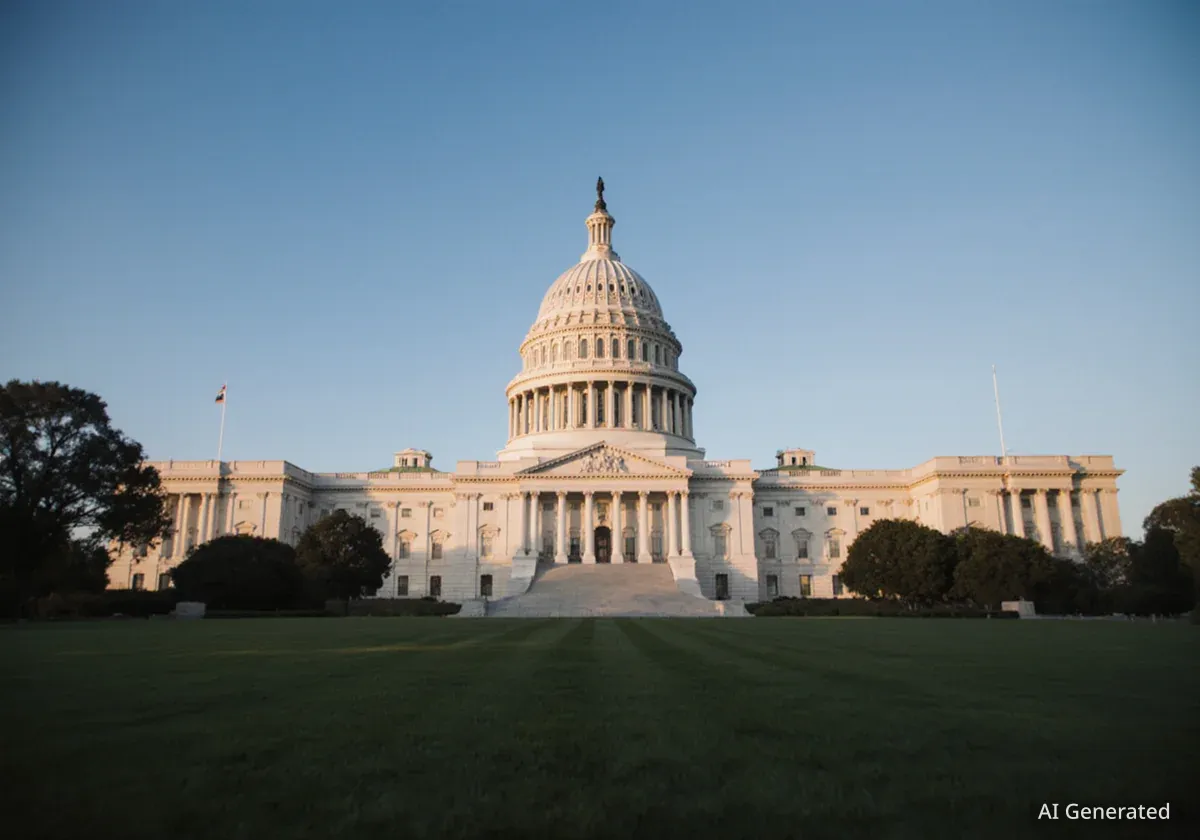The son of U.S. Special Envoy to the Middle East Steve Witkoff reportedly approached the Qatari government to secure funding for a real estate venture while his father was actively involved in sensitive hostage negotiations with Doha. The company has since stated that the plan for the investment fund has been shelved.
According to a report by The New York Times, Alex Witkoff, CEO of the Witkoff Group, presented a proposal for a commercial real estate investment fund to Qatar's sovereign wealth fund. This action occurred during the same period his father, in his official government capacity, was engaged in diplomatic talks with Qatar concerning the release of hostages.
Key Takeaways
- Alex Witkoff, head of the Witkoff Group, pitched a real estate investment fund to Qatar's sovereign wealth fund.
- The proposal was made while his father, U.S. Special Envoy Steve Witkoff, was leading hostage negotiations with Qatari officials.
- The Witkoff Group has confirmed the investment fund is no longer moving forward, citing economic reasons.
- All involved parties, including the Witkoff Group, the White House, and the Qatari government, have strongly denied any improper connection between the business proposal and diplomatic efforts.
Details of the Investment Proposal
The proposed venture involved creating a new investment fund focused on commercial real estate projects within the United States. A spokeswoman for the Qatar Investment Authority, the nation's sovereign wealth fund, confirmed to The New York Times that Alex Witkoff had indeed presented the investment opportunity to them.
Following this pitch, Alex Witkoff allegedly informed other potential investors that he had secured financial backing from government-supported sources in Qatar, as well as from the United Arab Emirates and Kuwait. The report suggested the initial investment was approximately $4 million, but the fund had the potential to generate hundreds of millions of dollars in revenue for the Witkoff Group.
Fund Halted
A spokesperson for the Witkoff Group, Anna LaPorte, described the plans with Doha as "preliminary" and confirmed, "They are not moving forward with that fund." The Qatar Investment Authority also affirmed that its investors ultimately decided against pursuing the deal.
Timing Raises Conflict of Interest Concerns
The central issue highlighted by the report is the timing of the business discussions. Steve Witkoff's role as a special envoy places him in a position of significant diplomatic influence, particularly in negotiations where Qatar acts as a key intermediary. The simultaneous pursuit of a private business deal with a state entity by his son's company has raised questions about potential conflicts of interest.
While Steve Witkoff sold a portion of his stake in the Witkoff Group last year, he reportedly remains a partial owner of the family-run company. The New York Times report noted that there was no direct evidence to suggest that the Witkoff Group's business activities influenced the special envoy's diplomatic work in the hostage negotiations.
Previous Business Connections
The relationship between the Witkoff family and Qatar dates back to the first Trump administration. During that period, Qatar reportedly utilized investments to build relationships with individuals close to the president. A 2017 memo from a lobbying firm described Steve Witkoff as an "unofficial adviser" to then-President Trump and suggested Qatari investment in his real estate projects could be beneficial for building influence.
In 2019, Qatari investors purchased the Park Lane hotel, a property that involved the Witkoff Group, following a federal investigation that had placed the company in a difficult financial position. These past dealings form part of the backdrop to the current scrutiny.
Forceful Denials from All Parties
The allegations have been met with strong denials from all organizations involved. The White House, the Witkoff Group, and the Qatari government have all refuted the suggestion of any impropriety or connection between the business proposal and official diplomatic matters.
White House and Qatar Government Response
White House spokeswoman Anna Kelly characterized the story as a politically motivated attack.
"This is another bogus smear from the failing New York Times against Steve Witkoff," she told the newspaper.
Similarly, a spokesperson for the Qatari government emphasized the separation between the country's financial and diplomatic activities.
"Qatar’s investment decisions are kept entirely separate from diplomacy," Ali Al-Ansari, a government spokesman, stated. He reiterated that Qatar and the United States have always maintained close ties.
Witkoff Group Issues Strong Rebuttal
In a subsequent statement provided to The Jerusalem Post, the Witkoff Group offered a more detailed and forceful rejection of the report's claims. The company called many of the statements "patently false" and accused the newspaper of intentionally omitting its full response.
A spokesperson for the group explained that the decision to abandon the fund was based purely on market conditions. They cited falling Federal Reserve rates and an increasingly crowded private credit market as factors that made the venture less profitable. The idea that media inquiries influenced their business decision was dismissed as "laughable."
The statement also clarified that Steve Witkoff has had no involvement in the company's operations since the previous year. The spokesperson concluded, "We will not be bullied by a leftwing smear campaign from the media to try to force us to stop doing the work that we’ve done for 30 years."





